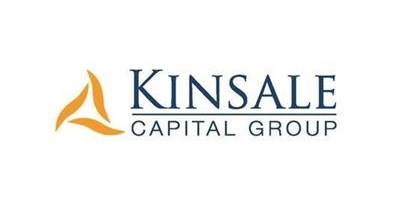Antrim is initiating coverage of Ball Corp. (NYSE:BLL) with a critical view of the industry's demand growth trajectory, capacity addition plans, and forward-looking return profile. Subscribers can download our initiation report at the following link:
In this issue of Short Shrift, an update on Restaurant Brands (NYSE:QSR), which reported Q1 results at the end of April, and an update on our ongoing diligence efforts with regard to Trinity Industries (NYSE:TRN).
Please follow the link to download our thoughts in reaction to the company's Q2 report and management commentary.
Today we are initiating coverage on a new short idea, IPG Photonics (Nasdaq:IPGP). Subscribers can download our report using the link below:
Please follow the link to download our thoughts in reaction to the company's Q1 report, and management commentary.
Please follow the link to download our thoughts in reaction to the company's Q1 report, and management commentary.
Please follow the link to download our thoughts in reaction to the company's Q1 report, and management commentary.
Please follow the link to download our thoughts in reaction to the company's Q1 report, and management commentary.
Please follow the link to download our thoughts in reaction to TRN's Q1 report, and management's conference call commentary.
Please download the attached report to find our thoughts on SNA's Q1 results, together with our thoughts on the outlook for SNA shares going forward.















